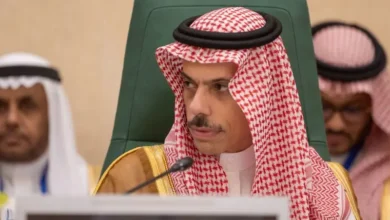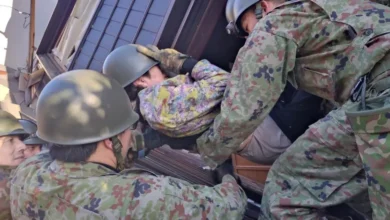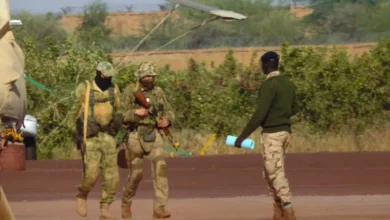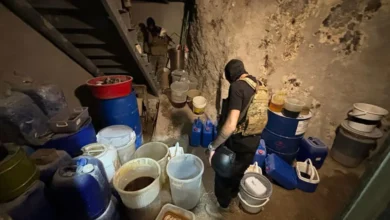Analysis: Efforts to end Assad isolation gather speed after quake

The February 6 earthquakes that killed more than 50,000 in Turkey and Syria require Arab states to address controversial questions about dealing with the government in Damascus and acute humanitarian needs in Syria’s opposition-held northwest.
Thus far, the disaster has not resulted in any Arab government changing its fundamental stance on President Bashar al-Assad, whose government has largely been isolated from the rest of the Arab world since 2011, when a largely unarmed uprising against his rule escalated into a full-fledged war.
Syria was suspended from the Arab League the same year, with many of its members withdrawing their envoys from Damascus. The United States and the European Union also disengaged with al-Assad, imposing sanctions on his government in response to the violent repression of civilians during the crackdown on the anti-government protests.
But after the quakes, Arab efforts – mostly driven by the United Arab Emirates – to accelerate Syria’s reintegration into the region’s diplomatic fold have gained momentum. The arrival this week in Damascus of an Arab Inter-Parliamentary Union delegation, including representatives from Egypt, Iraq, Jordan, Lebanon, Libya, Oman and the UAE, for meetings with al-Assad and Syrian parliamentarians highlighted this reality.
“There’s an opening for governments to establish relationships with the Assad regime because of the humanitarian aid that’s needed, thus forcing a political conversation about reestablishing relations and rehabilitating Assad,” Nader Hashemi, the director of the Center for Middle East Studies at the University of Denver’s Josef Korbel School of International Studies, told Al Jazeera.“As such, relations might well move forward, but most regional leaders will view it simply as a necessity to aid the victims of the earthquake and to also stem the flow of captagon towards the Gulf,” said Quilliam, referring to the drug that was initially developed in Germany in the 1960s but today is made mostly in Syria.
Al-Assad’s welcome in Muscat indicated “interest at the highest levels of the GCC to rehabilitate” him, according to Hashemi, who argued that the Syrian president could not have gone to Oman without Saudi Crown Prince Mohammed bin Salman’s approval.
It was not too surprising that Oman was the first foreign country that al-Assad visited after the earthquake. The sultanate was the only state in the six-member GCC to maintain diplomatic relations with Damascus throughout the Syrian conflict and Muscat has supported Syria’s return to the Arab League.
Experts assessed that the most important aspect of al-Assad’s trip to Muscat, which built on his March 2022 visit to the UAE, was the message it sent to governments in the Middle East and beyond.
The trip was “mostly of symbolic value” as it demonstrated to “the Arab world and the rest of the world that the Arab League is getting ready to accept the return of Syria to the Arab League”, said Andreas Krieg, an associate professor at the Defence Studies Department of King’s College London.
“The optics of the visit – flying aboard Syrian Airlines aircraft, no longer travelling in secret – were intended to highlight the significance of Bashar al-Assad’s visit to Oman,” added Quilliam. “It was meant to persuade world leaders that his rehabilitation is well under way, and they should reconsider their opposition to him.”










